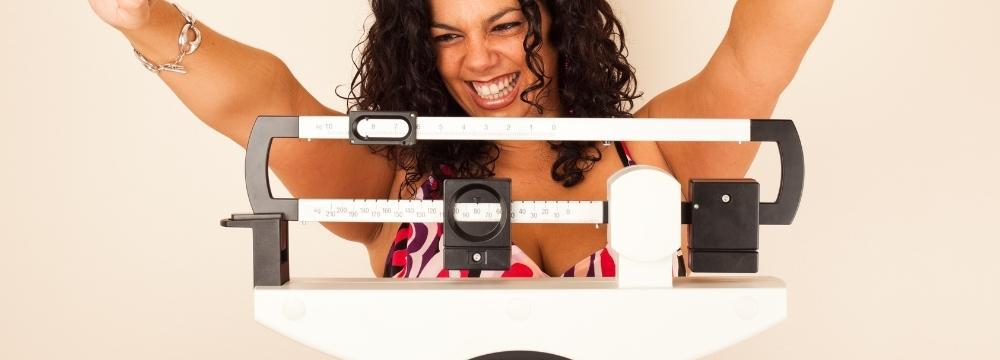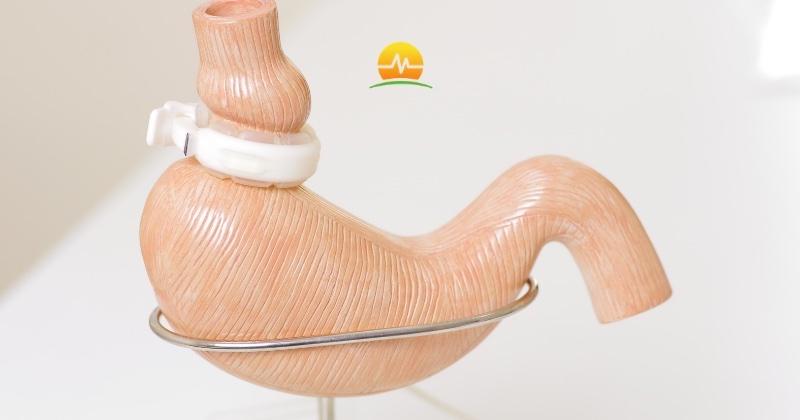In the forefront of virtually every patient’s mind, when they are about to undergo bariatric surgery, is whether it will be successful and they will lose a significant amount of weight. The short answer is that the vast majority of patients do very well and approximately 80% of patients will meet their long-term weight loss goals. While this success rate is far greater than the 5-or-so percent success rate of diet and exercise alone, many patients are still concerned about whether they will become one of the 20% who do not succeed. But let’s explore what success actually means.
First and foremost, the name “weight loss surgery” is not fully accurate or reflective of success after the procedure. Bariatric surgery is not about weight loss – losing weight is simply a very tangible and wonderful side effect. Our main goal is to improve or eliminate the diseases associated with morbid obesity. These are ultimately the causes of early death, significant lifestyle impairment, and serious emotional problems. And while most patients see and feel some of these downsides, there are many more that silently exist in the background. Type II diabetes, certain forms of cancer, heart disease, an increased risk of stroke, joint degradation, and many, many more may not be readily seen or felt on a day-to-day basis.
After that slight tangent, back to weight loss
The amount of weight a patient can expect to lose will largely depend on two critical factors – the procedure they undergo and their willingness and ability to stick to their postoperative lifestyle. Some procedures such as the band or gastric balloon offer a loss of up to 30 or 40% of excess body weight. However, both procedures have significant long-term risks, and many patients end up re-gaining weight either due to complications or in the case of the balloon, its removal after six months.
However, stapled procedure such as the gastric bypass, gastric sleeve, and even duodenal switch not only offer excellent disease resolution potential, but also allow the patient to maintain a loss of 70 to 80% or higher of excess body weight with very few long-term complications and a very low risk of revision surgery.
The single most determinant factor of the amount of weight loss that a patient can expect is how well they stick to their postoperative lifestyle. In the first year or so after surgery, when weight loss is at its most rapid, most patients do not find it difficult to lose weight and maintain their new lower weight. However, as the rate of weight loss slows and patient gets closer to their goal weight, it becomes harder and harder to maintain…simply because we don’t see the change in the numbers on the scale. This is where diet and lifestyle changes start to slip and bad habits begin to creep in. As a result, the first five years are critical for setting the stage for longer-term maintenance of a lower weight.
Patients can help ensure they lose the most weight by emphasizing the following after surgery:
- Being open and honest with us as their surgeons and support team. There is no shame in occasionally falling off the wagon and there’s no one better than your medical team to help you get back on track. Omitting important information about your failures will only make it harder to maintain your weight loss in the future.
- Taking full advantage of all of the support resources available. Attending our support groups here at the office is a must, but patients should also create a support network that includes family members, friends, coworkers, and other bariatric surgery patients. Which group you attend isn’t as important as whether or not you’re receiving the support you need to maintain your weight loss and manage any hurdles in your post-surgical life.
- Managing stress to ensure that you lose as much weight as possible. While stress is an unavoidable part of our lives, managing it well can keep us healthier. When we are stressed we tend to lose our discipline, often eating more, eating unhealthily, and stopping our exercise regimens.
- Once patients reach their goal weight, they will shift into maintenance mode. This can be difficult for some patients who have enjoyed rapid weight loss over several months. Some patients may even gain a little bit of weight – up to 5% of their excess body weight – which is perfectly normal and expected, especially after a gastric bypass. This is a time where patients arrive at a critical juncture and must choose to persevere rather than become discouraged. At this point, the support team they have developed can offer a great deal of guidance.
We have performed these procedures thousands of times and we regularly check up on and work with our patients after surgery. We have specifically tailored our bariatric program to ensure that patients have the best chance of losing weight and keeping that weight off in the subsequent months and years – ideally their entire lives. We strongly believe that bariatric surgery is the best tool a qualifying patient can employ to help them lose weight and improve associated diseases. However we also recognize that in order for a patient to be successful they must be ready, both mentally and physically, to undergo this procedure and navigate all the changes that come with it.









